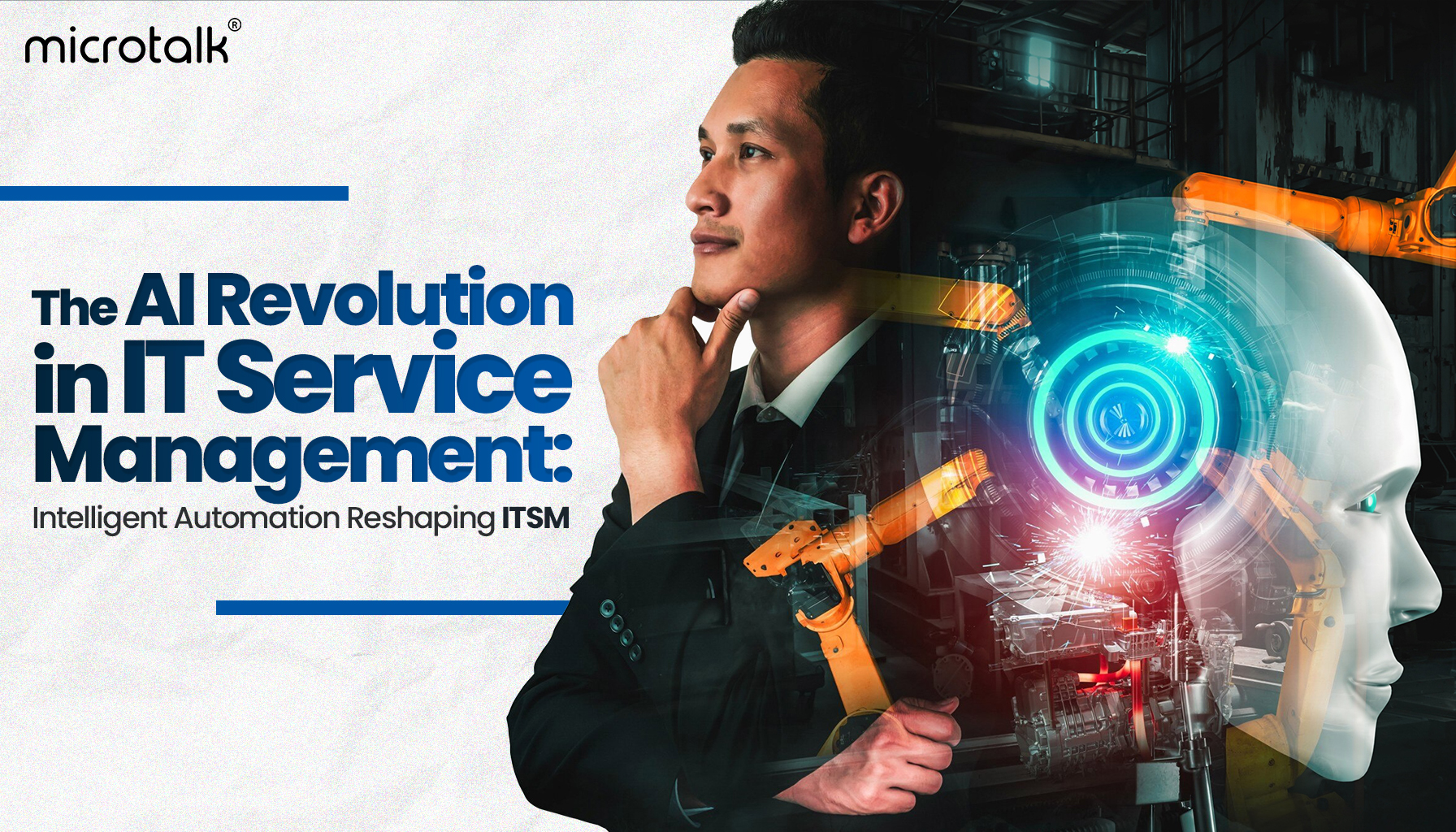Upskilling for the AI Era: How Companies Can Lead the Reskilling Revolution
Upskilling for the AI Era: How Companies Can Lead the Reskilling Revolution
The AI revolution isn’t coming—it’s here. And it’s completely transforming how we work across India. As artificial intelligence automates routine tasks and supercharges human potential, companies face a game-changing challenge: getting their workforce ready for an AI-first world.
Here’s the thing: organizations that step up to lead the reskilling revolution won’t just survive this shift—they’ll dominate their industries with teams that are adaptable, innovative, and future-proof.
Why AI Workforce Transformation Can’t Wait
India’s tech talent has consistently been world-class, giving us a significant head start in the AI field. But here’s the reality check: nearly 40% of jobs in India could be significantly disrupted by AI in the next decade. Before you panic, though, let’s flip the script. This isn’t about job losses—it’s about job evolution. And that’s where the real opportunity lies.
The smartest companies already get this. They understand that AI doesn’t just replace people—it transforms how work happens. Here’s what AI excels at versus what humans dominate:
AI’s superpowers:
- Data processing at lightning speed
- Pattern recognition across massive datasets
- Routine analysis and repetitive tasks
- 24/7 availability and consistency
Human advantages:
- Creative problem-solving and innovation
- Emotional intelligence and empathy
- Strategic thinking and complex decision-making
- Relationship building and collaboration
The winning formula? Teaching your people to work with AI, not against it.
Smart Strategies for Next-Level Reskilling
Forget those one-off training sessions that nobody remembers. Today’s reskilling champions are building comprehensive programs that align perfectly with their long-term business goals. It starts with a deep-dive skills gap analysis—understanding exactly which roles AI will impact and what new capabilities your team needs.
The most successful companies are creating personalized learning journeys that respect where employees are today while preparing them for tomorrow. Here’s what works:
Key elements of effective reskilling programs:
- Modular, bite-sized training that fits busy schedules
- Personalized pathways based on individual strengths and goals
- Regular progress tracking and adaptive learning routes
- Integration with real work projects and challenges
Remember, effective reskilling is a marathon, not a sprint.
Here’s what’s exciting: AI is breaking down those old departmental silos. Forward-thinking companies are investing in cross-functional training that helps everyone understand AI’s impact across the entire business.
The result? More integrated thinking and breakthrough innovation.
The Must-Have Skills for Tomorrow’s Workplace
Sure, basic AI literacy matters, but the real goldmine skills go way beyond coding and data science. Here are the essential capabilities your team needs:
Top-tier skills for the AI workplace:
- Critical thinking and analytical reasoning to interpret AI insights effectively
- Creative problem-solving for challenges that don’t have obvious solutions
- Advanced communication skills for human-AI collaboration
- Strategic thinking and complex decision-making abilities
- Emotional intelligence for leadership and team dynamics
But here’s the skill that trumps everything else: adaptability.
In a world where new AI tools drop practically every week, the people who thrive are those who embrace continuous learning as a way of life.
Making It Happen: Best Practices That Work
The reskilling programs that deliver results share some key DNA. Here’s what makes them successful:
Success factors for reskilling initiatives:
- Leadership commitment with clear communication about AI vision and goals
- Transparent explanation of why these skills matter for individual career growth
- Hands-on experience through AI playgrounds and safe experimentation spaces
- Real-world application opportunities in low-risk pilot projects
- Peer learning networks that pair tech enthusiasts with newcomers
- Continuous feedback loops and program refinement based on results
This approach builds confidence while showing practical applications that employees can immediately use in their daily work.
Proving the Value: Metrics That Matter
Great reskilling programs establish success metrics from day one. Here’s what to track:
Essential metrics for measuring reskilling success:
- Skill application rates in real work scenarios and daily tasks
- Employee confidence levels with AI tools and technologies
- Business impact and ROI from AI-enhanced processes
- Training completion rates and engagement scores
- Time-to-competency for new AI-related skills
- Innovation metrics and new solution development
Here’s a bonus metric that often gets overlooked: Employee Satisfaction and Retention.
Companies that invest in reskilling consistently report higher job satisfaction and lower anxiety about AI-related changes. When people feel supported through change, they become your biggest advocates.
India’s AI Leadership Opportunity
As India positions itself as the global AI powerhouse, companies leading the reskilling charge are contributing to something much bigger than their success. They’re building the talent ecosystem that will cement India’s dominance in the worldwide AI economy.
The organizations that will own the AI era understand that reskilling isn’t an expense—it’s a strategic investment in human potential. By empowering employees to evolve alongside AI, these companies create sustainable competitive advantages while building workforces that are more resilient, innovative, and engaged than ever before.
Microtalk believes in reskilling and enhancing the newer skill-set to invest continuously in the existing employees and making them grow professionally to instill belongingness among the employees.
The AI transformation is happening whether you like it or not. The question is: will your company lead the change or get left behind? The time to act is now.
